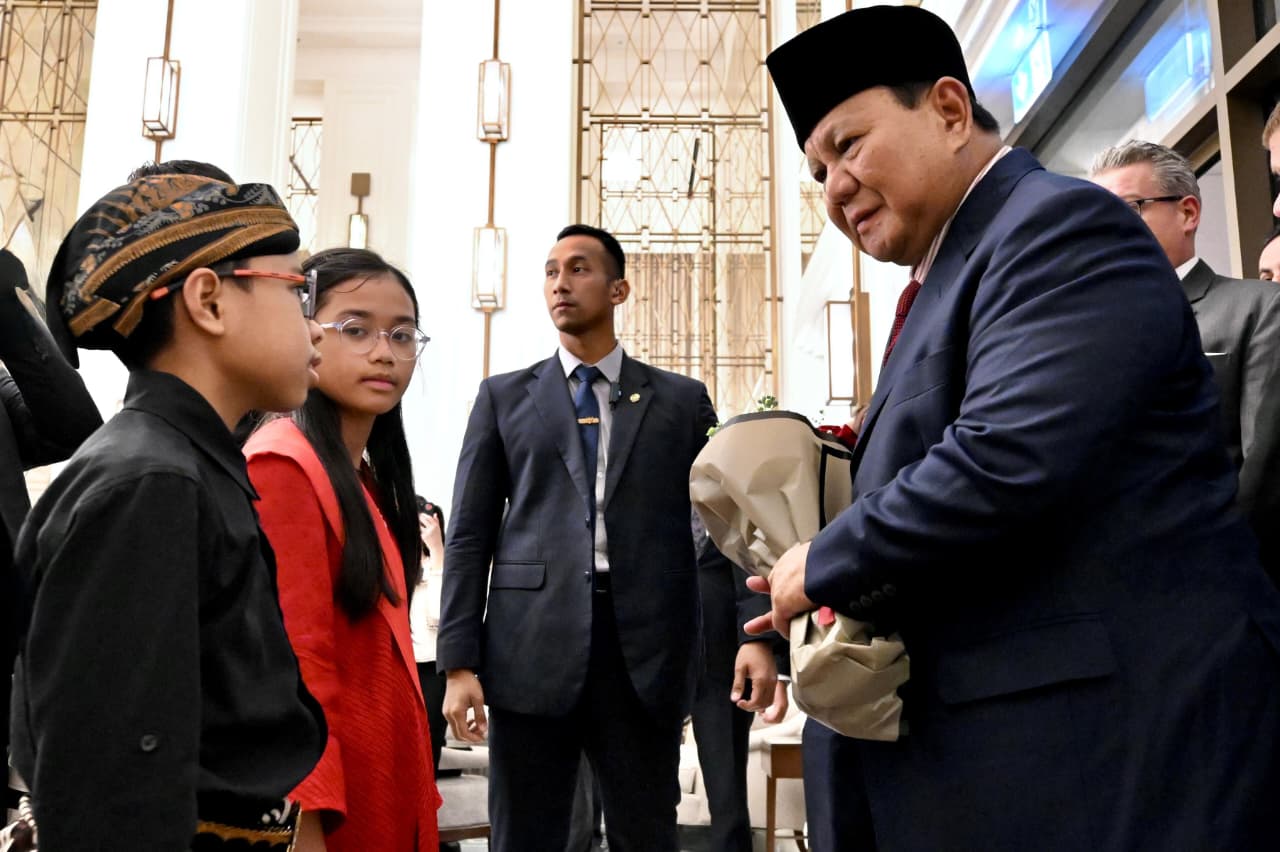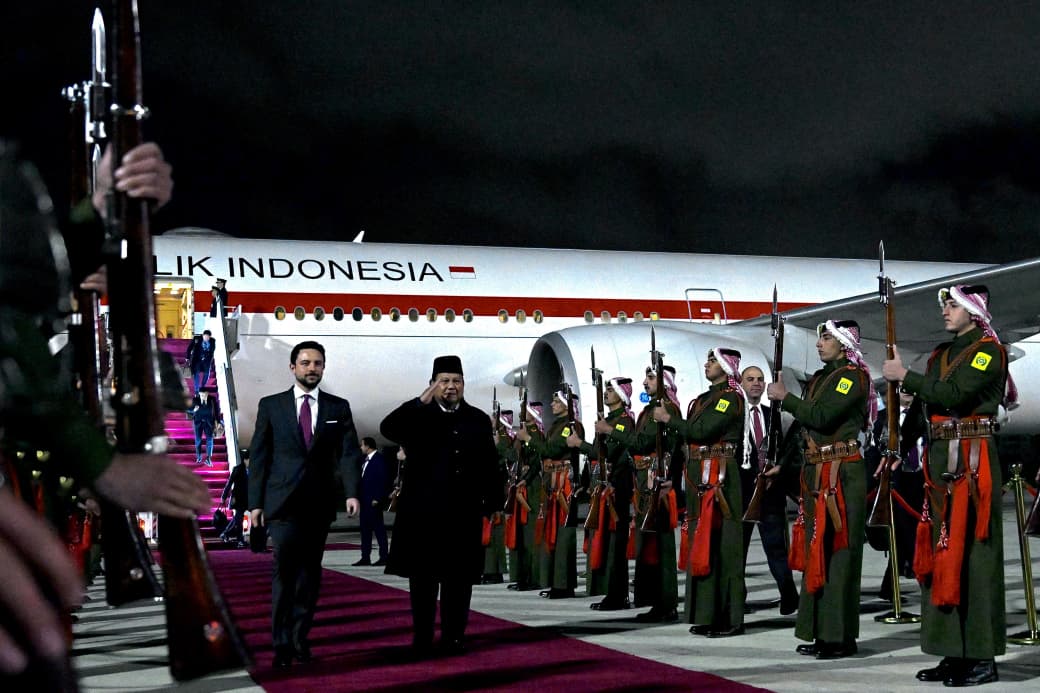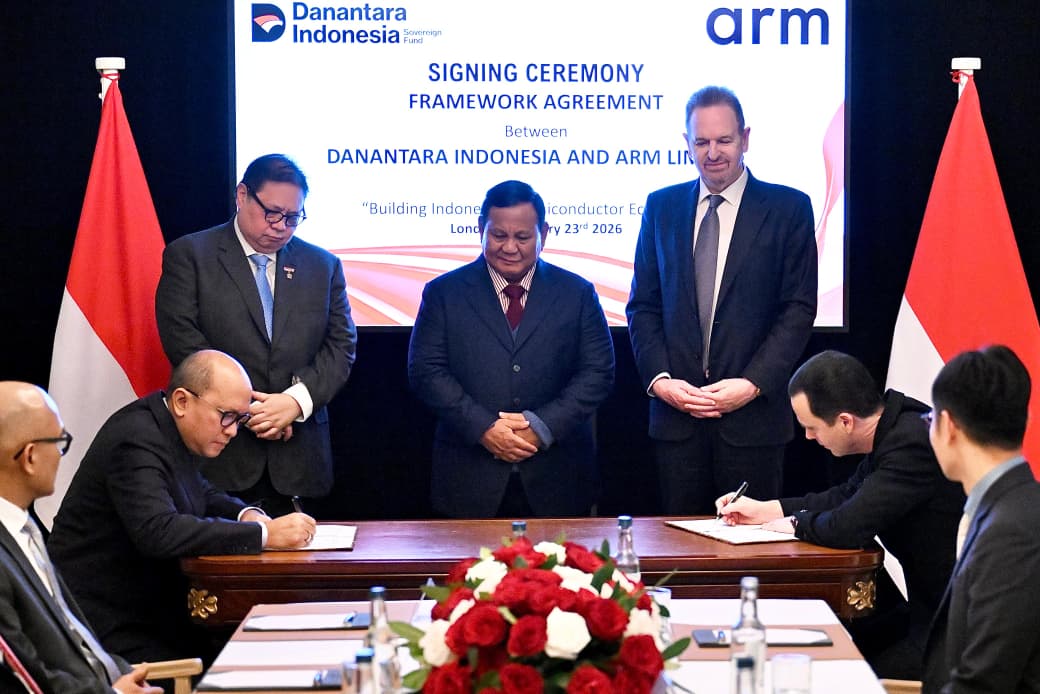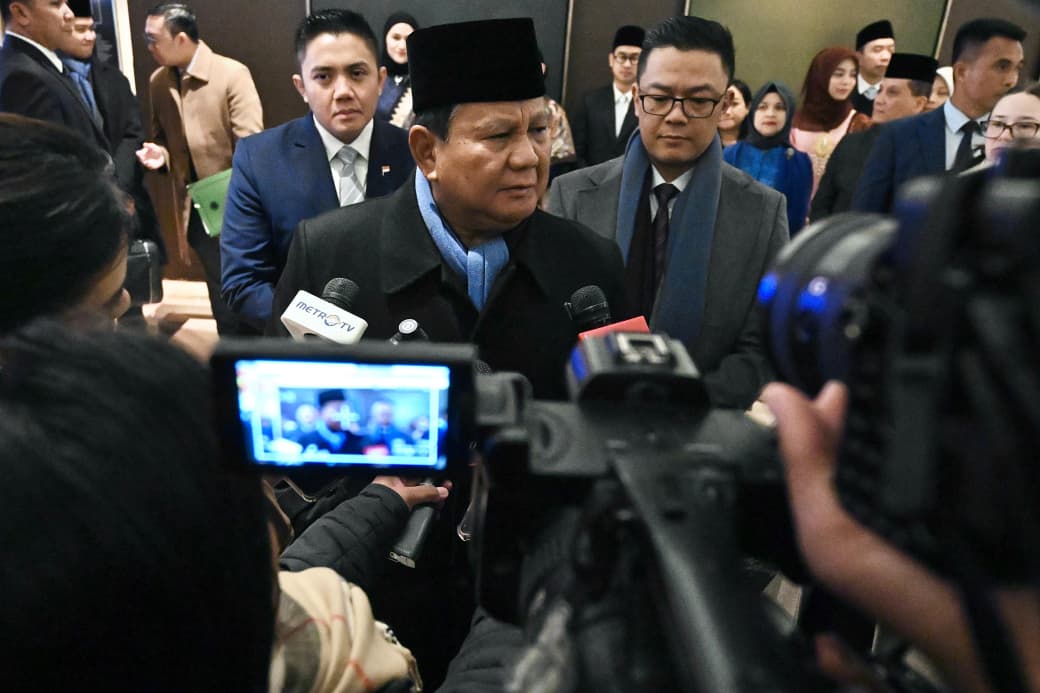Indonesia Reaches Lowest Poverty Rate in History: President Jokowi

President Jokowi delivers the Government Statement on the Bill on the State Budget for the 2020 Fiscal Year and Its Financial Note before the Plenary Session of the House of Representatives of the Republic of Indonesia in Jakarta, Friday (16/8). Photo by: Presidential Secretariat.
President Joko “Jokowi” Widodo said that Indonesia should be grateful that amidst global economic turmoil, its economic development during the past five years has recorded tremendous achievements. Nevertheless, he added, Indonesia should be ready to face the upcoming economic challenges which would be more complicated.
“Indonesian economic growth had a tendency to increase from 4.88 percent in 2015 to 5.17 percent in 2018 and in the first semester of 2019, it reached 5.06 percent,” the President said in his Address on the Presentation of the Government Statement on the Bill on the State Budget for the 2020 Fiscal Year and Its Financial Note Before the Plenary Session of the House of Representatives of the Republic of Indonesia, Jakarta, Friday (16/8).
Unemployment rate, he added, dropped from 5.81 percent in February 2015 to 5.01 percent in February 2019, while the number of disadvantaged people continued to decline from 11.22 percent in March 2015 to 9.41 percent in March 2019, the lowest in the history of the Unitary State of the Republic of Indonesia.
The President went on to say that the level of inequality also decreases as indicated by increasingly lower Gini ratio from 0.334 in 2015 to 0.317 in 2019, while Human Development Index rose from 69.55 in 2015 to 71.39 in 2018, or classified in high status. This indicates that not a single province was included in the low status.
“Logistics Performance Index (LPI) rose from the world’s 53rd rank in 2014 to 46th in 2018. In Global Competitiveness Index, our infrastructure quality including electricity and water surged, from the world’s 81st rank in 2015 to the 71st in 2018,” President Jokowi said.
The numerous achievements have been an integral part of fiscal reform that has been implemented. The Government no longer adopt ‘money follows function’ scheme but ‘money follows program’, instead.
“We are no longer oriented to process and output but focusing on impact and outcome. We continue to manage fiscal in order to be healthier, more just, and to support independence,” President Jokowi added.
However, the President called on Indonesia to stay alert. Economic challenges are getting tougher and more complex in the future, world’s economy is experiencing uncertainty, some emerging markets are experiencing crisis, and some countries are experiencing negative growth.
He stressed that Indonesia is also confronted with trade war challenge. Some countries’ currency depreciations such as Chinese Yuan and Argentine Peso have provoked an alarming concern. As economy is slowing down in several countries, Indonesian economy must be able to grow. Indonesia must be able to turn crises into opportunities, and must always stay observant. Indonesia has to use difficulties as strength to rise and thrive for an Advanced Indonesia.
One of the keys is to continue to improve national competitiveness by relying on the quality of human resources. Quality human resources constitute a crucial asset to enter the age of digital-based economy. Several human resource development programs are being launched to ensure that demographic bonus becomes bonus of leap in advancement. Indonesia will build talented generations who have character and are able to adapt to technological development.
“Indonesia possesses start-up assets to compete at global level. We are the fourth largest population in the world. Most of our population are young people. Our middle class population grows rapidly. I am confident by focusing on the improvement of human resources quality, Indonesia will be able to actualize its vision to be a developed country,” President Jokowi concluded. (Tim Liputan MPR-DPD-DPR/ES)
Translated by: Ridwan Ibadurrohman
Edited by: Mia Medyana








